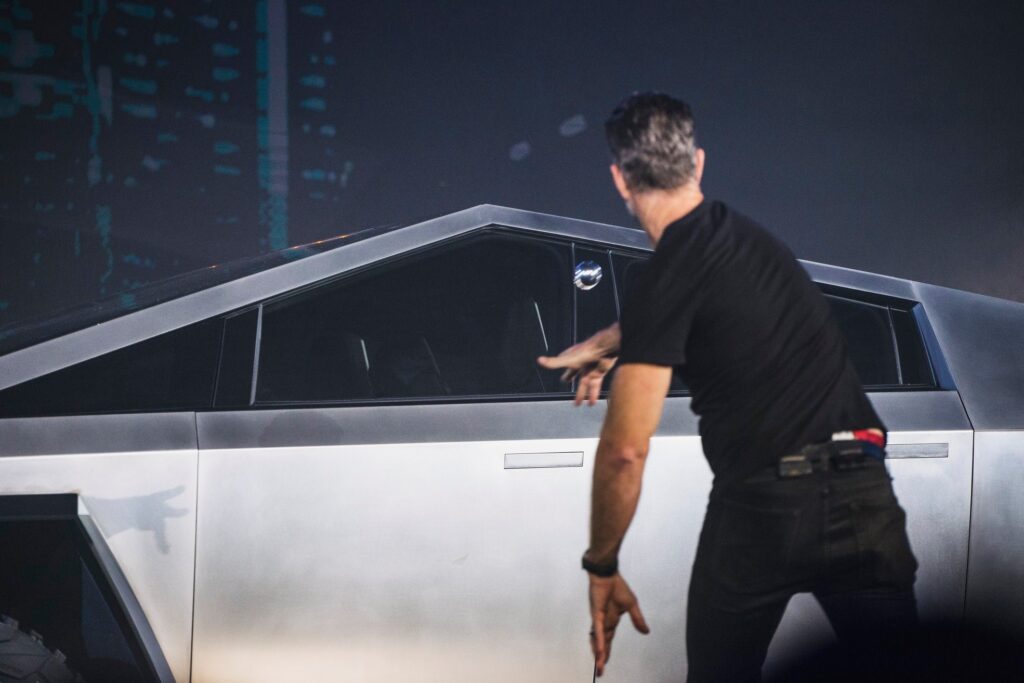In the high-octane world of NASCAR, a different kind of race is underway – one that involves negotiations over the future financial framework between NASCAR and the Cup Series teams. As the engines cool from the latest series of races, the heat turns up in the boardrooms where the fate of the 2025 season and beyond hangs in the balance.

The current charter system, which is set to run through the life of the existing television rights agreement, is at the heart of the discussions. This system not only guarantees the 36 franchises automatic entry into every race but also entitles them to a share of the broadcast revenue – a split that currently sees 65 percent going to the tracks, 25 percent to the teams, and the remaining 10 percent to NASCAR itself. However, when prize money is factored in, teams are believed to garner around 39 percent of that revenue.
The crux of the matter lies in the differing methods of revenue calculation by NASCAR and the teams, a discrepancy that has led to an impasse. While the teams began negotiations with the aim of securing at least half of the next broadcast rights revenue, NASCAR’s latest offer reportedly hovers around 42 percent. Adding to the complexity is NASCAR’s proposal of a salary cap, which would necessitate mutual access to financial records – a move that has been met with resistance.
The introduction of a single source supplied spec car for the third season has eliminated the need for teams to spend on research and development, yet NASCAR believes there is still room for cost-cutting, a notion the teams have rebuffed over the past year.
With the deadline for a new agreement having lapsed at the end of last year, and an extension expired at the end of January, teams now find themselves with the freedom to explore alternative racing series or governance. Theoretically, this could involve discussions with entities like the Saudi Public Investment Fund, although this remains a hypothetical scenario.
The negotiations are being spearheaded by the Team Negotiating Committee. Despite the lack of public commentary from either side, drivers and co-owners Brad Keselowski and Denny Hamlin have shed some light on the situation.
Keselowski, with an air of optimism, acknowledges the ample time remaining until the February 2025 deadline but stresses the importance of reaching an agreement sooner rather than later. Hamlin, on the other hand, expresses frustration over the slow progress and lack of transparency, hinting at the historical challenges of aligning NASCAR and team perspectives.
As the industry braces for the impact of these negotiations on the racing product, the narrative continues to unfold. The teams and NASCAR are locked in a strategic dance, each maneuvering for a favorable position in a partnership that is as much about financial viability as it is about the legacy and brand power of the sport.
In the end, both Keselowski and Hamlin reassure fans that despite the complexities, the show will go on. “We might be racing wheelbarrows but we’ll be racing,” Keselowski quips, a sentiment that captures the resilience and determination inherent in the sport of NASCAR.
Related posts:
Brad Keselowski, Denny Hamlin comment on charter negotiations
Brad Keselowski “somewhat concerned” about NASCAR and teams delay to reach a charter agreement for 2025 and beyond
Nascar charter negotiations




